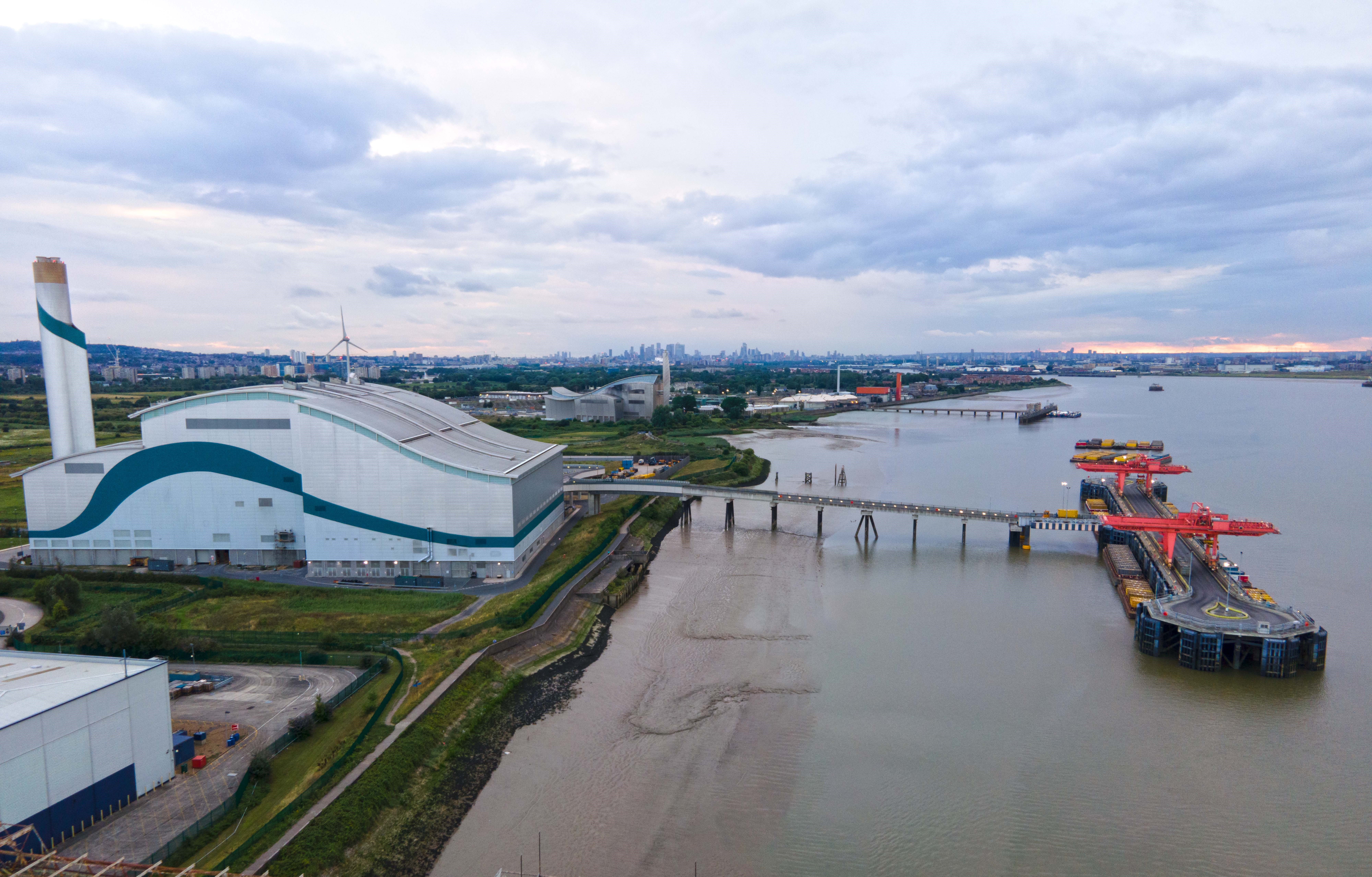 Thursday, 13th October, 2022
Thursday, 13th October, 2022
Cory’s hydrogen and CCS projects designated as Nationally Significant Infrastructure Projects
The Department of Business, Energy and Industrial Strategy (BEIS) has confirmed that Cory’s planned carbon capture and storage (CCS) and hydrogen projects qualify as Nationally Significant Infrastructure Projects, acknowledging the vital role they will play in achieving the UK’s net zero ambitions.
Cory, one of the UK’s leading recycling and waste management companies, is accelerating plans to capture carbon at its energy-from-waste (EfW) facility in Belvedere, South East London, and decarbonise waste, transport and heat for its communities.
Once the CCS technology is operational, the decarbonised electricity produced by the EfW process will be used to power electrolysers which convert water into hydrogen, providing a carbon-free fuel source for local road and river transport – including local refuse vehicles and tug boats which transport waste to the facility. The combination of energy recovery supported by CCS and the use of electrolysis will render the resulting hydrogen carbon-negative due to the removal of biogenic carbon which already exists within the natural carbon cycle as well as the capture of fossil carbon from the combustion process.
Dougie Sutherland, CEO of Cory said: “We have an ambitious vision to create an integrated decarbonisation supersite which can cut emissions from waste, transport and heating. These projects will make a material contribution to the UK’s net zero targets, and their designation as Nationally Significant underlines their importance.”
The projects are part of Cory’s wider decarbonisation strategy, which includes the development of one of the largest district heating networks in the UK. By 2030, these projects will deliver 1.5 million tonnes of CO2 savings per annum – providing a significant contribution decarbonising London and the Southeast.
